US and Japan Are Getting Ready for China
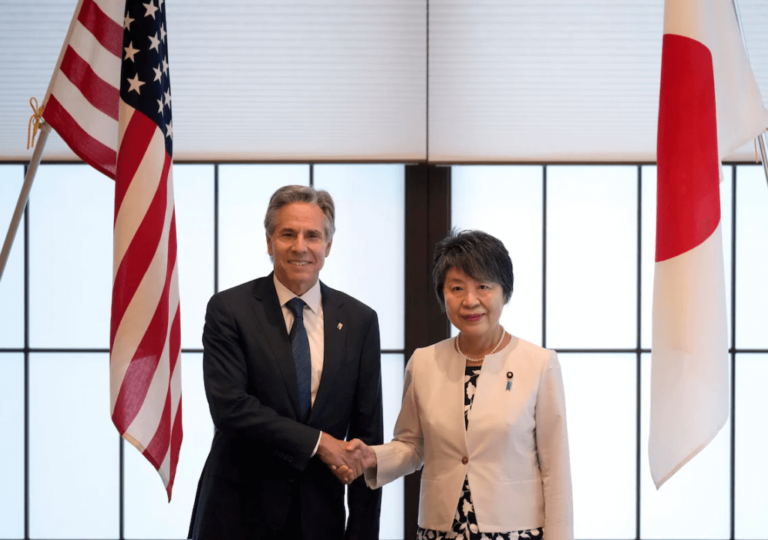
US and Japan bolster military ties amid rising tensions with China

US and Japan bolster military ties amid rising tensions with China
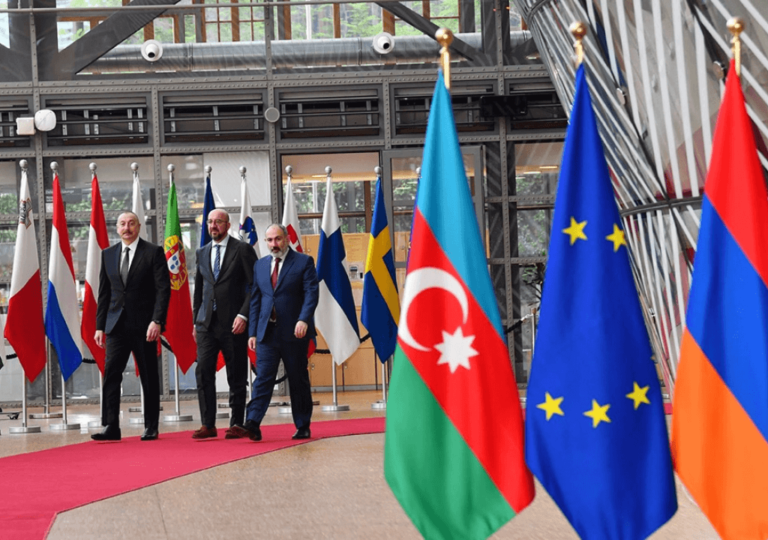
Armenia and Azerbaijan face ongoing tensions post-war, complicating peace efforts
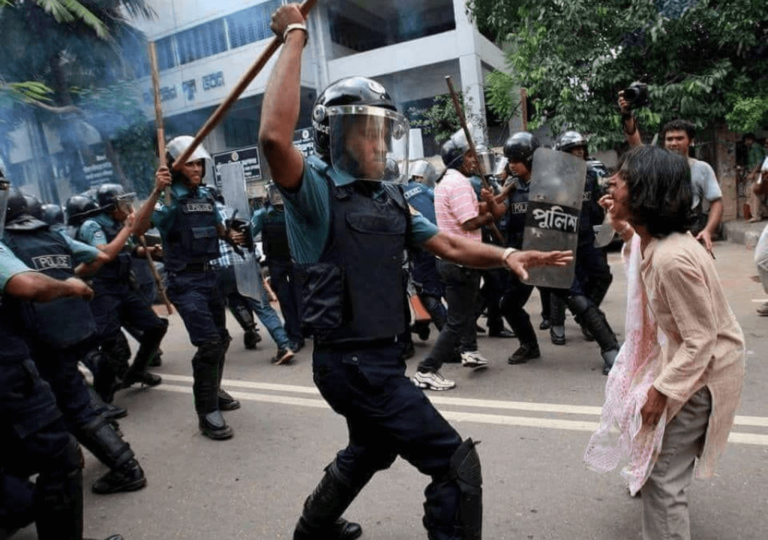
Bangladesh protests escalate into nationwide uprising against PM Hasina's 15-year rule, with 174 deaths reported
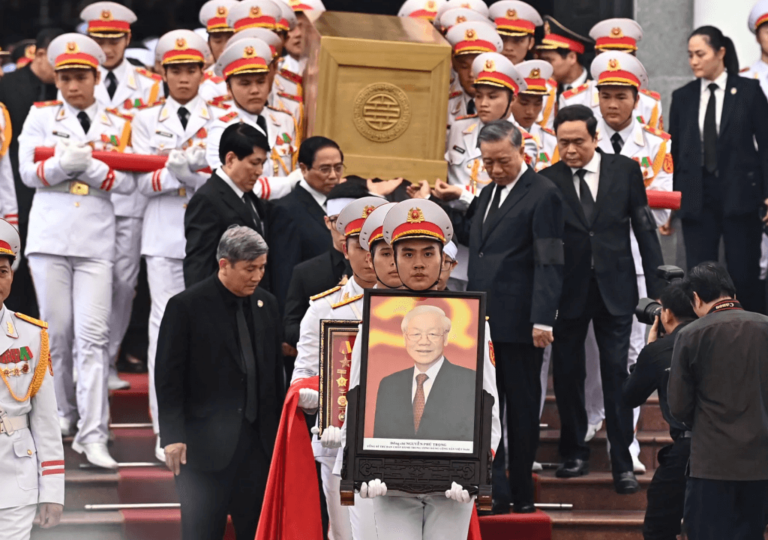
Nguyen Phu Trong, Vietnam's most powerful leader in decades, dies at 80, ushering in a new era of uncertainty and potential succession crisis in Vietnamese politics
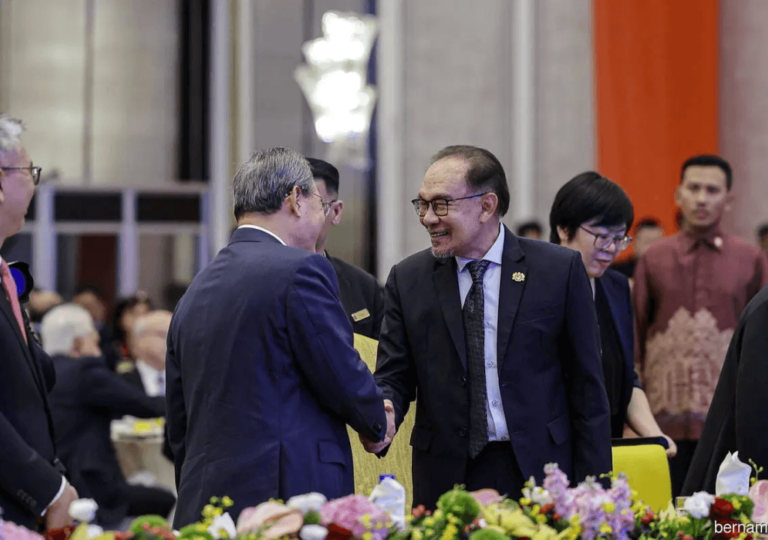
Malaysia's strategic position and semiconductor investments align it with U.S. interests, potentially joining Asian NATO
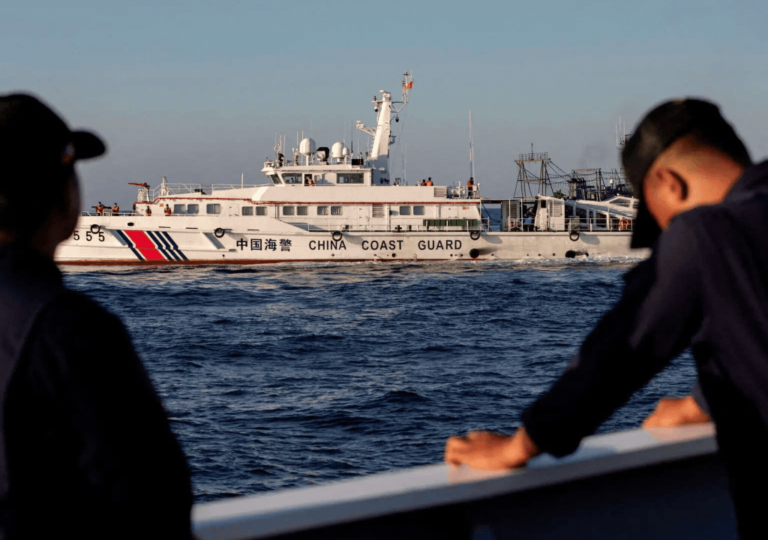
China seeks to de-escalate tensions with the Philippines over the South China Sea
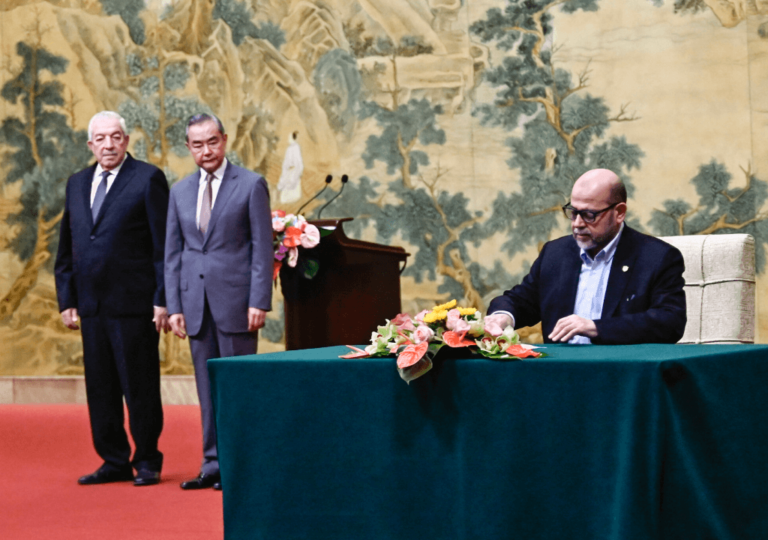
China brokers Palestinian unity deal, but doubts remain over its impact on Gaza crisis and Israel's response
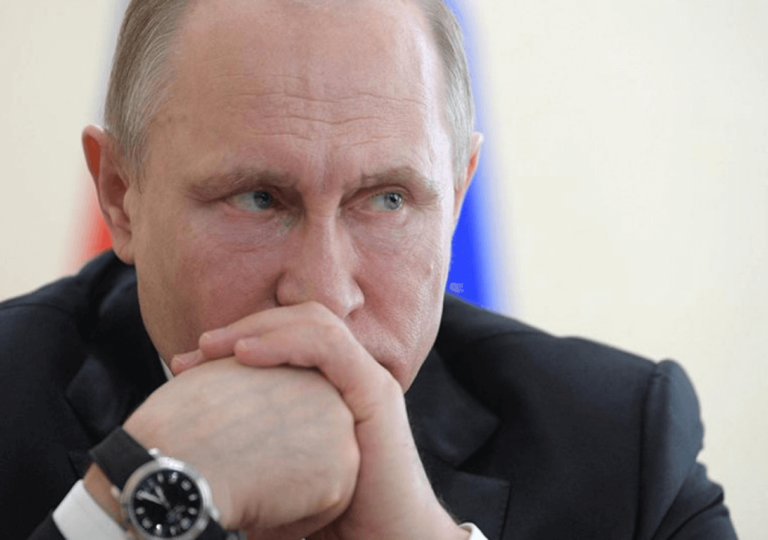
Russia's influence in Armenia wanes as the U.S. strengthens ties through military exercises
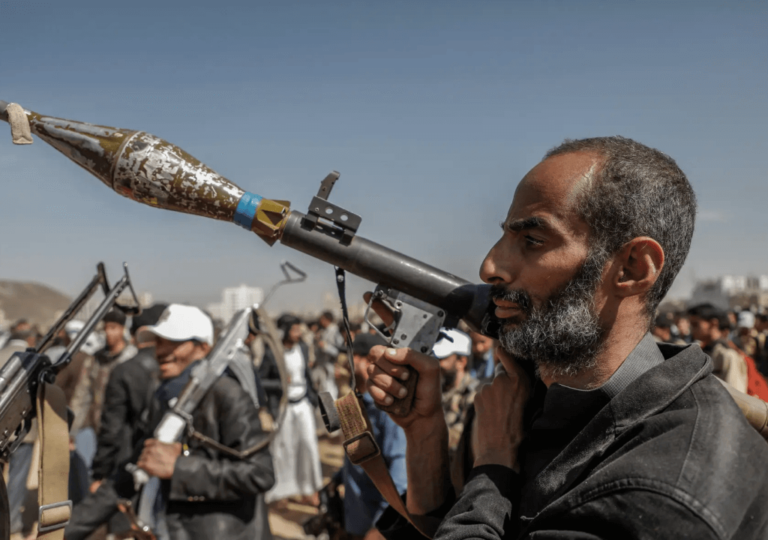
Houthi drone strikes Tel Aviv, marking a significant breach of Israel's defenses
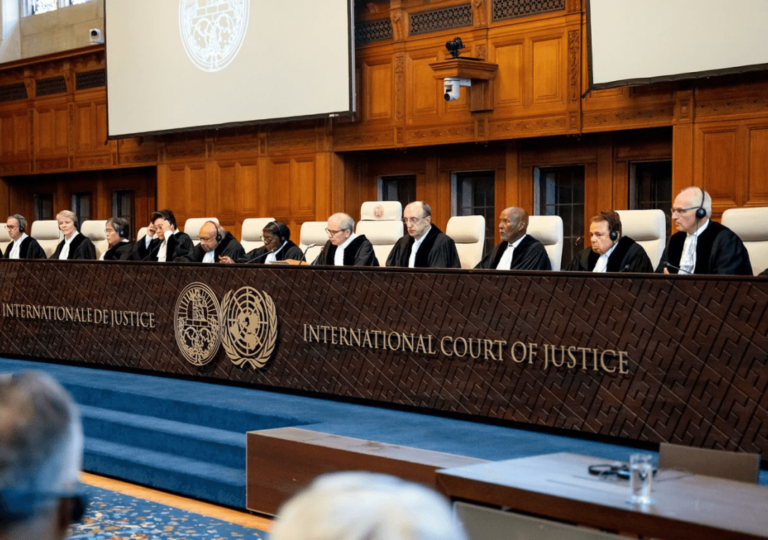
The ICJ orders Israel to end its West Bank occupation, marking a pivotal moment